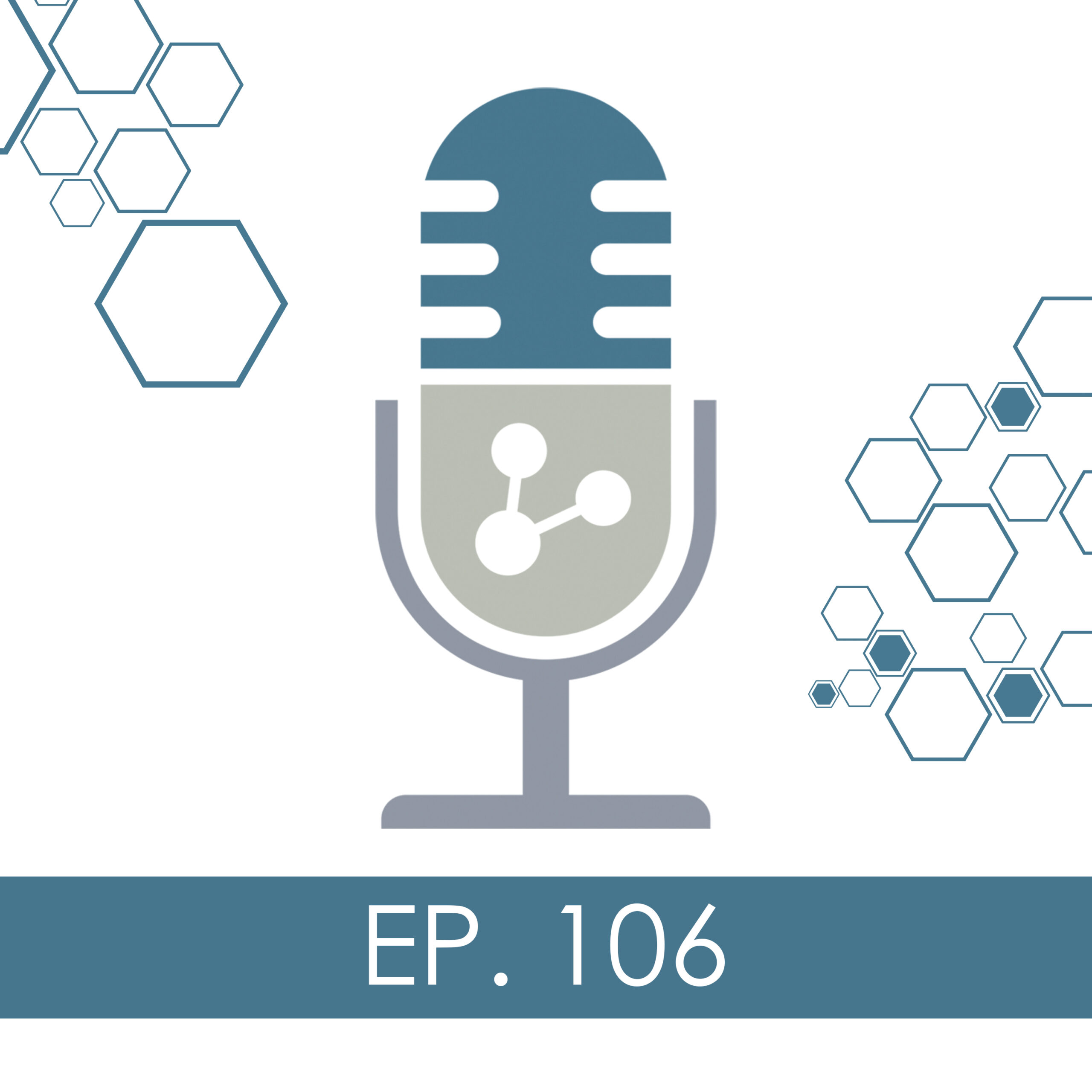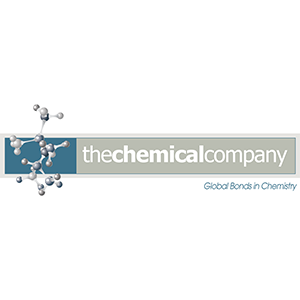
This week, rumblings by German chemical makers claiming U.S. advantage in the U.S.-European trade agreement are making headlines. The recent elections have the chemical industry beaming with optimism as they see energy legislation and toxics reform being legislated in their favor. According to the media pundits, the Middle East chemical industry will experience explosive growth from 2013 to 2020. And concerned scientists could set the plastics, food packaging, as well as grocery distribution and retail businesses on their collective ears with claims that plastics, food, microwaves, and consumption do not mix well. Read on, and see if you agree.
Is the TTIP More Advantageus for the U.S.?
According to an article by Sheenagh Matthews, the Germans seem to think so. A survey apparently reveals that German chemical makers see a potential U.S.-European trade agreement as more advantageous for the competition across the pond. The report claims that 66 percent agree with this assessment and 58 percent see benefits for the German industry. Read on and draw your own conclusions.
Election Brings Optimism for Energy Legislation and Toxics Reform
A Timothy Cama article in The Hill reports that the results of the recent election will swing energy legislation and toxic chemical safety reform that the chemical industry supports in the industry’s favor. “As one of the top energy intensive industries in the country, chemical manufacturers want to keep energy costs down and be protected from potential increases,” Cal Dooley, president of the American Chemical Council said. The article explains his concerns and opposing views.
Mideast Chemical Industry to Experience Fastest Growth 2013-2020
A Frost & Sullivan report claims that industrial diversification and expansion in regional manufacturing capabilities will fuel growth of the chemical industry in the region. Specifically, investments exceeding $770 billion planned in the Middle East from 2011 to 2020 is enough of an injection to make their chemical industry grow at a faster pace than the global growth from 2013 to 2020. According to the report, petrochemicals and fertilizers will account for over 75 percent of the market in 2020. Read the full story for details.
Is Microwaving Food in Plastic Containers Dangerous?
A Daily Mail article by Jonathan Gornall addresses this thought provoking question. Could microwaving food in plastic containers put you, or you unborn child at greater risk of infertility, diabetes, obesity and cancer? These alarming concerns and more are brought to the forefront in Gornall’s article.
According to concerned scientists gathered at a conference in Brussels, the risks are very real, Gornall says. A group of “endocrine-disrupting chemicals”, or EDCs, capable of interfering with the way our glands produce hormones that govern virtually everything we do are present in almost everything we use from plastic water bottles to clothing. Read the complete article to learn more.
Solvay Exploring Fiber Unit Sale Valued at $2 Billion
A Bloomberg report by Andrew Noel and Aaron Kirchfeld says that Solvay SA (SOLB), the world’s largest producer of soda ash, is exploring the sale of its $2 billion dollar fiber business. Chief Executive Officer Jean-Pierre Clamadieu is partway through his planned transformation of the 150-year-old chemical manufacturer. His strategy is focused on shifting away from the commodities that are the heritage of the Brussels-based business and using acquisitions to get involved in high-performance chemicals and additives for the oil and gas industry, including shale operations.






